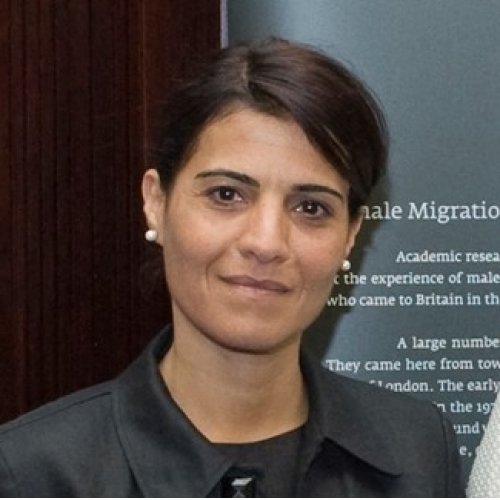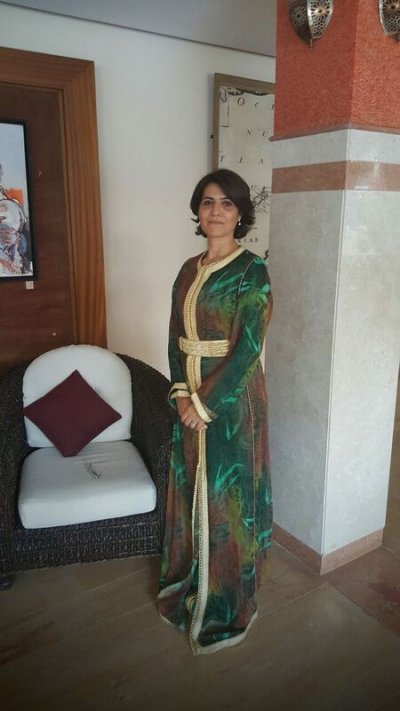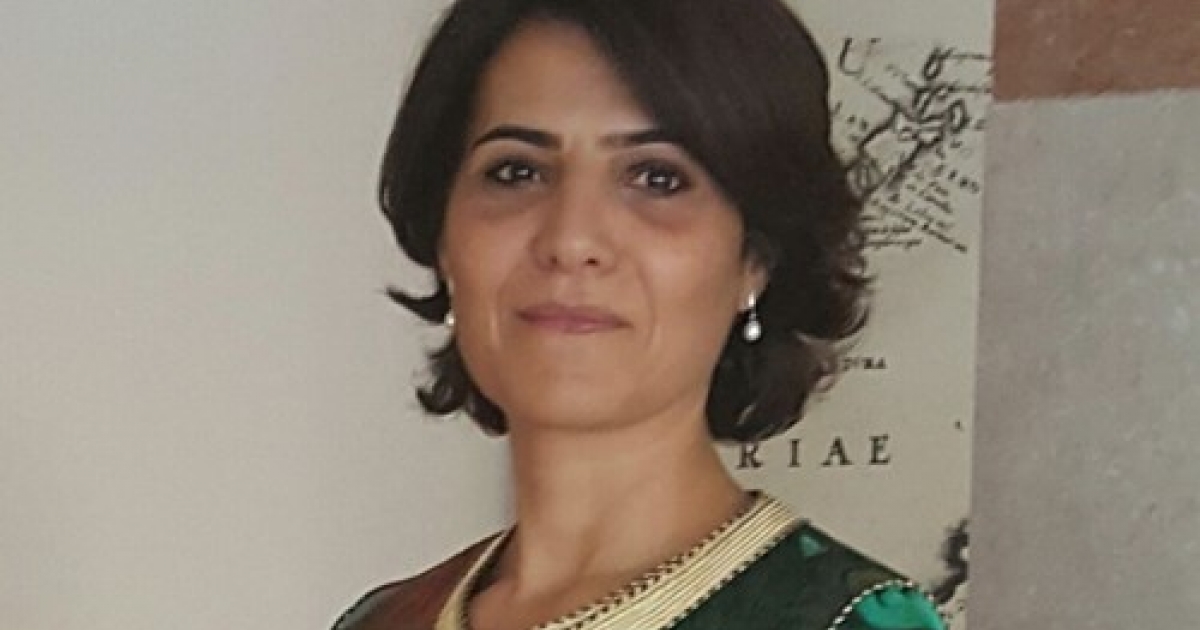Al Hasaniya: Supporting and Empowering Women for Thirty Years
Q: You have been awarded an MBE from HM Queen Elizabeth II. What does this honour mean to you and your work?
A: The MBE award was received with great humility. It is an award I consider to be on behalf of all Arab women who seek justice and equality for their fellow women wherever they may be. When I embarked on my journey at the age of 16, to combat inequality and eliminate discrimination as the daughter of an immigrant in the UK, I did not do so to gain an award, but indeed I did it, and still do, because of my strong conviction and belief that we all need support and encouragement to fulfil our full potential. To support and represent the concerns of those who often have muted voices is a superb privilege. It is frustrating when the message one tries to transmit is slow if not blocked by erroneous narratives from both sides, such as how we as Arab women, Christians or Muslims are portrayed. The media and indeed the ultra-religious community have much responsibility to bear in this regard.
Q: What are the common stereotypes and clichés projected around Arab women?
A: Challenging clichés and stereotyping is an ongoing struggle and the best way to deal with it is to concentrate on what positive contribution we can make to the society we live in. Doing anything else, the stereotype becomes a self-prophecy and that’s far more dangerous than anything else. The way I was brought up meant I never saw my gender or my ethnicity as a hindrance. We, as Arab women, bear some of the responsibility in the way we are portrayed. We need to be more proactive, as too often we seem happy to take a backstage seat and allow others to act on our behalf. Education, education and education!
Q: Can you give us an overview of the cultural and social differences that exist between the Arab countries?
A: I think Arab women across the Arab world have a rich common history, cultural bonding and indeed a marvellous religion we all share. There are subtle differences in the way we behave in our respective societies and indeed the way our civil laws govern our ability or otherwise to partake our just and right role in our respective societies. This mandate makes all the difference. The Moroccan 2011 constitution has gender equality firmly embedded and we are free and independent, yet we have not reached our full potential because the main ingredients are missing and that is knowledge, education and self confidence.
Q: Do you have a role model?
A: My late father was a great believer in human ability to do well and reach full potential regardless of gender, and so I was brought up in a household that did not treat me differently from my brothers. I was encouraged to speak my mind and share my views. To aspire to bigger things in life and ensure I make a difference to those who cross my path. The world is full of great women and I feel privileged to have the freedom to look at their achievements and be inspired by these.
Q: As a woman, what has been the biggest challenge for you in life?
A: As human beings we are constantly being tested and indeed facing challenges, some surmountable others testing and taxing. What is very important is to always remember that we can do anything we want. Hard work, conviction, perseverance and diplomacy always prevail in my opinion. For me the biggest challenge, I think, has been dealing with a much unexpected near fatal diagnosis I had in June 2013. I was diagnosed with double breast cancer during a routine check-up. For a moment my life came to a halt; however, this did not last long, and I soon composed myself and dealt with it accordingly as if it were a winter flu! I stayed positive and determined that cancer was not going to win....and so far I’m winning.

Souad Talsi MBE
Founder, Al-Hasaniya
Born in Morocco, Souad came to the UK as a young child and has lived and hasworked here in London ever since. She udied law at Birbeck College and worked for a human rights organisation for over 27 years.Recognised for her outstanding commitment to the voluntary sector and work within the Arab migrant community of London, Souad was named in the Queen’s Birthday list in June 2011, and was duly awarded an MBE. She is a member of the Council for Moroccans abroad, an appointment made by the King of Morocco Mohamed VI. During Gordon Brown’s government, she was the only Arab woman appointed as a member of the National Muslim Advisory Panel Group. Souad was also an active and regular contributor to the UN global forum on migration and development until recently. She also sat on the Mayors’ Refugee and Migrant’s Advisory Group, in addition to many other committees and trustee board she still serves and supports.
Published: 17/03/2017



